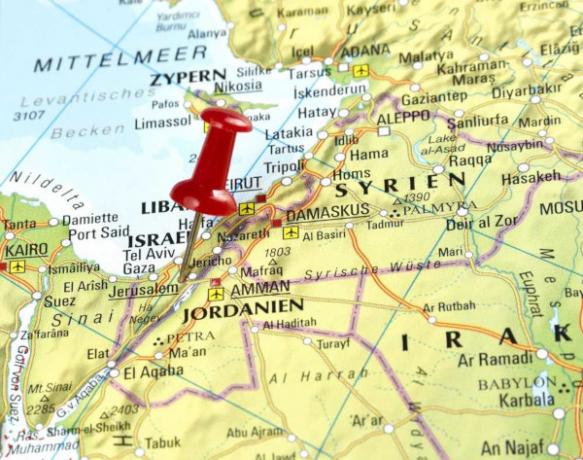One of the main reasons for African underdevelopment is the form of occupation and exploitation, which corresponds to the form of colonization that occurred not only in Africa, but also in America and Asia.

Africa remained, for a long time, serving as a support point for Portuguese caravans heading towards India, until that moment there was no effective exploration.
In the 16th century, Europeans began to capture black Africans in order to sell them (as merchandise) to the slave labor, they were distributed to several countries in the world, Brazil was the country that most used labor slave. Slavery lasted for three centuries.
The colonization of Africa in the 19th century
In the nineteenth century, Europe had already started the process of industrialization; as the activity required a large amount of raw material, there was an expansion of exploration in Africa and in Asia, but there was another reason that intensified the increase in exploration, was the decolonization of the America of the North.
Driven by industrial growth, the countries that had started their structuring promoted a meeting to define the division of the African continent and establish which areas would be explored, this was called the Berlin Conference, in which the following participated: England, France, Belgium, Netherlands, among others.
During that same period, several so-called 'scientific' expeditions took place in Africa, but in fact the primary intention was to detect and know the existing mineral resources.
The Berlin Conference established the partition and caused a disruption in African societies, with this many problems arose: the Europeans, in the partition, changed the native borders and incited ethnic rivalries, for when borders were established, due to cultural diversity, many rival groups stayed together and others joined. separated; there was a productive change, as they left subsistence farming to serve European interests, these introduced monoculture and mineral extraction. In this entire process, Europeans had no respect for Africans, as they did not take into account the cultural identity of the people.
Resistance and cultural domination
With the presence of Europeans, who imposed their culture, some groups rebelled and confronted each other. As the Africans did not have weapons, they were easily defeated, not least because the Europeans had experience in wars.
Do not stop now... There's more after the advertising ;)

The cultural impositions were to make them wear clothes, as some tribal groups did not have this custom, change in eating habits, change of language and religion (introducing Catholicism), productive change, in short, there was a loss of cultural identity, this domination occurred until the middle of the century XX.
The decolonization process
Until the beginning of the 20th century, only Liberia was independent, in 1920, Egypt; in 1940, Ethiopia and South Africa.

After World War II, Europe was practically destroyed and was not in a position to administer Africa, thus being somewhat distant. This absence generated groups fighting for independence, at that time decolonization occurred in practically all African countries. There are currently 53 independent nations.

Although decolonization has taken place, the process of structuring Africa faces several problems, such as as internal difficulties that refer to political issues, tribal struggles, which are legacy of sharing; dictatorial governments, which are often extremely corrupt, financial dependence and neocolonialism.
_______________
*Image credit: hikrcn / Shutterstock
Eduardo de Freitas
Graduated in Geography
Brazil School Team

